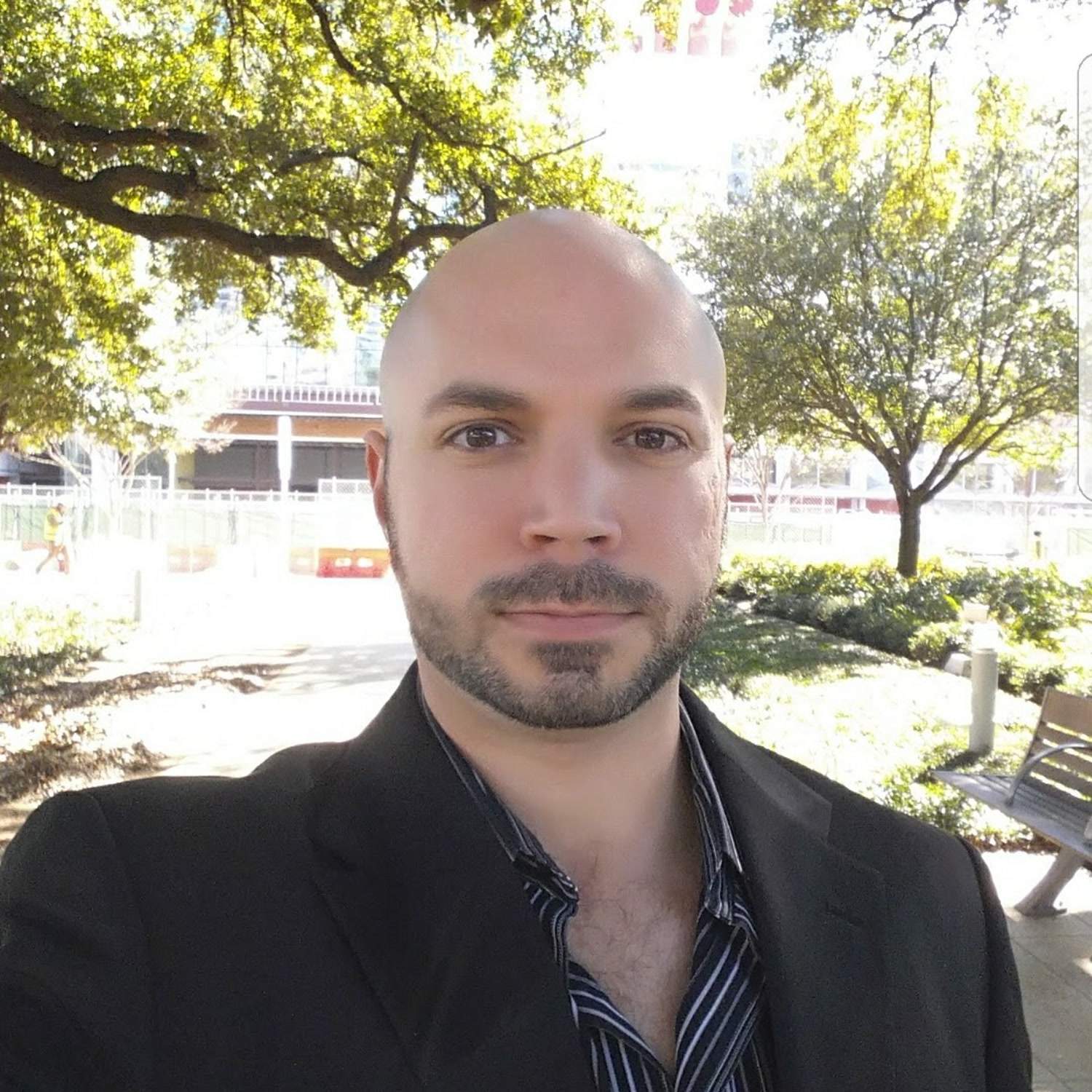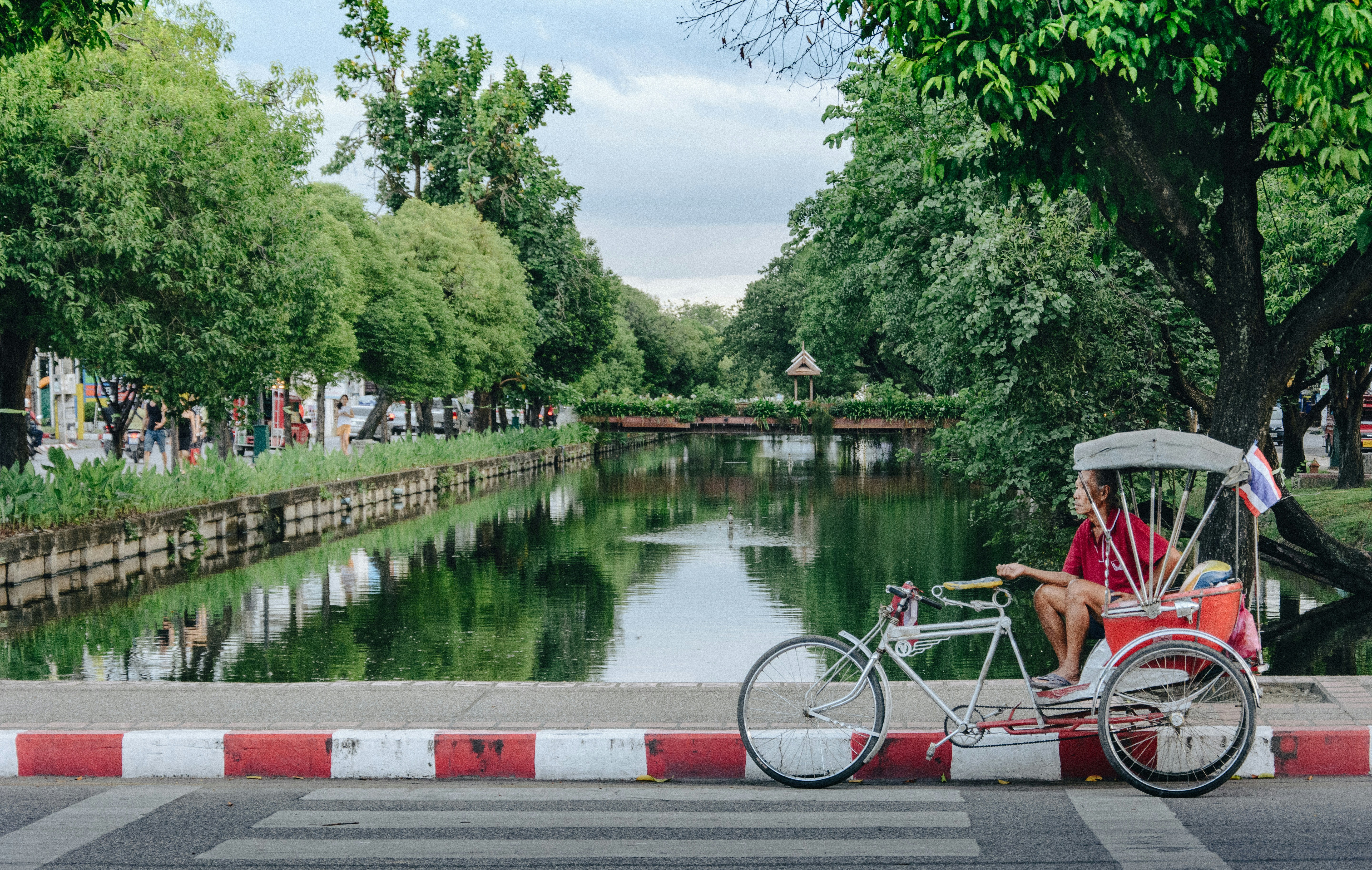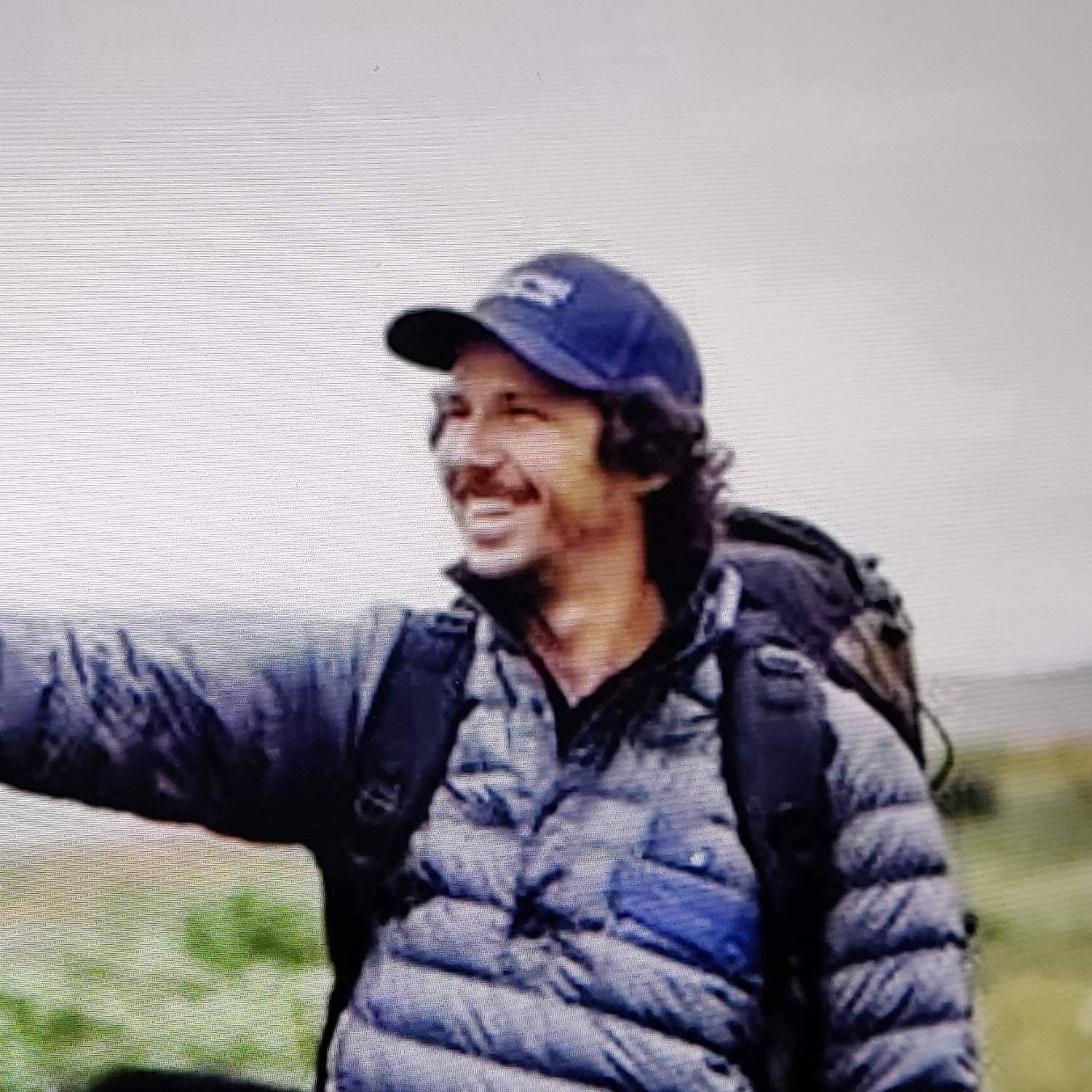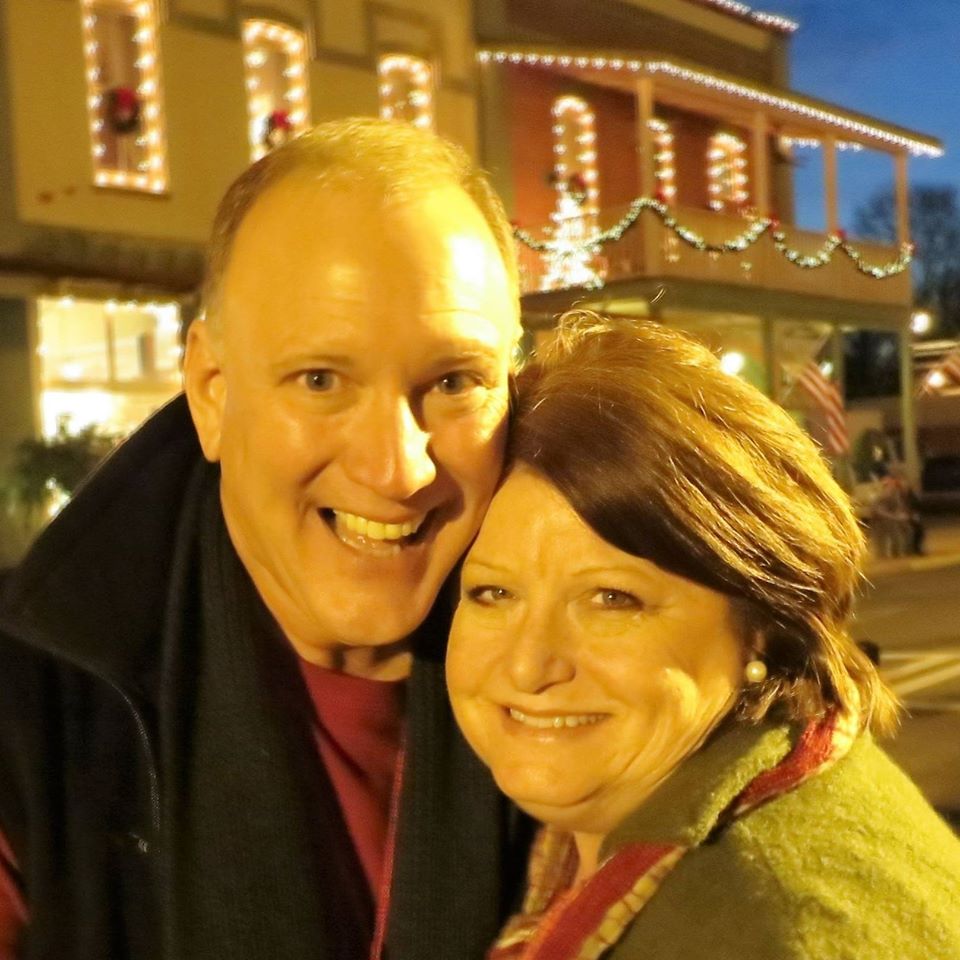Well no, comparisons like that are productive:
you were FOUR times more likely to be struck by lightning than killed by a terrorist
http://bkpk.me/why-terrorism-should-not-stop-you-from-traveling/ (via @flyonthewall)
OP is asking how to deal with the fear, well the fear is highly irrational. Is OP scared of lightning all the time? No. So why terrorism? It doesn’t make sense.
A good example. I’m from Amsterdam. The central station is probably a big target for terrorism now. It’s the most iconic place of the city with locals and travelers alike.
To be there at the same place if there’s a terror attack means I have to pick the right day and time. Since I’m only passing through there for about 5 mins in, then entering the train, or 5 mins out. It means I have a 5 of 1440 minutes per day chance in the day that terror strikes or 1 in 288. Now let’s say nothing happens for a year and then one day a terror attack strikes. That means 1 in 288 * 365 days or 1 in 105,120. That is, if we’re confident it will happen in the next 365 days which is also unlikely.
The risk of me dying in a car (even with a seatbelt) in a year is 1 in 17,625 (http://www.riskcomm.com/visualaids/riskscale/datasources.php).
I’m still 6x more likely to die in a car accident than a terrorist attack at the central station of my city which is a terrorist target ONLY if we’re sure it’s going to be hit this year.
Furthermore, outside of that “the chances of being killed in a terrorist attack are about 1 in 20 million” http://www.lifeinsurancequotes.org/additional-resources/deadly-statistics/
Why is it important to mention the statistics? Because it’s rational. And it doesn’t give us an emotionally skewed perspective on a highly unlikely scenario. Which in turns influences politics, war and the increase of a commercial security industry. The question is, do you want to highly armed guards everywhere? Do you want to live in a society like that? I don’t.













































